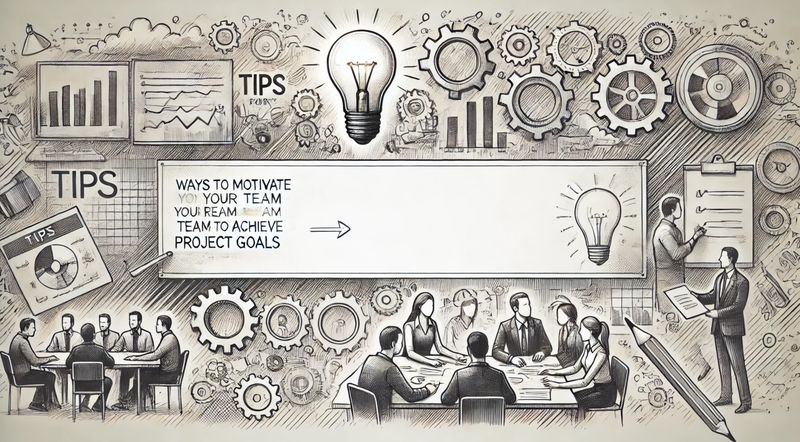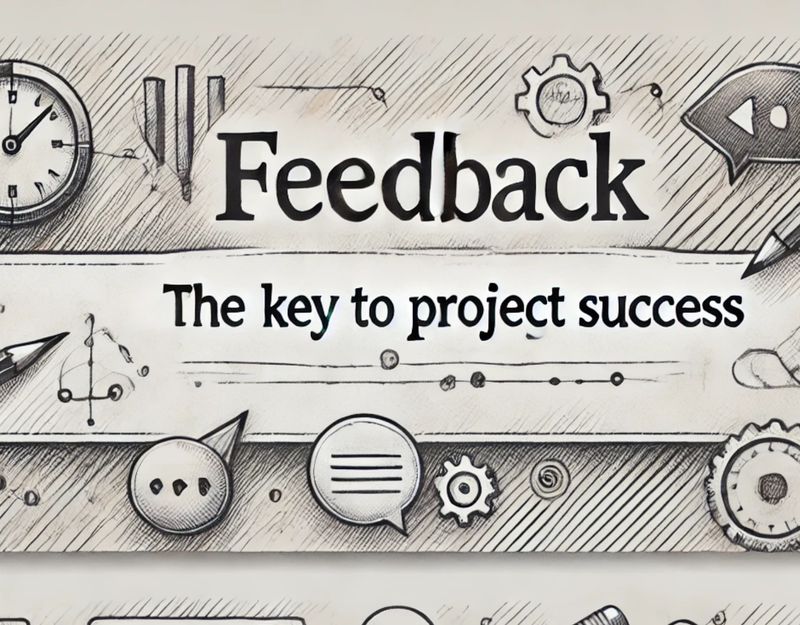Ways to Motivate Your Team to Achieve Project Goals

Creating a Positive and Supportive Environment
A positive work environment is foundational to motivating a team. Team members need to feel safe, respected, and valued for their contributions. To establish this atmosphere, focus on clear communication, empathy, and a shared vision.
Start by openly recognizing the value of each team member. When people know their work is seen and appreciated, they are more likely to stay engaged. For example, if a developer successfully implements a complex feature, take a moment to highlight their achievement during a team meeting. A simple “Great job on that last release” can go a long way in boosting morale.
Empathy is another essential aspect. Be approachable and attentive when your team members share challenges or ideas. Let’s say a designer expresses concern about the feasibility of a deadline. Listen carefully and offer solutions such as extending the timeline or reallocating resources. This not only reinforces trust but also demonstrates that you prioritize the team’s well-being.
Lastly, ensure your team is aligned with a shared vision. Remind them of the purpose behind the project and its potential impact. When a team understands that their work contributes to a greater goal, they are more inclined to give their best.
Fostering Team Spirit and Collaboration
A motivated team is often one that collaborates effectively and feels connected to one another. Building camaraderie can transform a group of individuals into a cohesive unit.
Encourage team-building activities that promote bonding. For example, hosting weekly brainstorming sessions where everyone contributes ideas can cultivate a sense of shared ownership. This involvement makes team members feel they have a voice in shaping the project, which enhances their commitment.
Transparency is also vital for fostering trust and teamwork. Regularly update the team on project milestones and setbacks. Sharing both successes and challenges openly reinforces a collaborative mindset where members can support each other. For instance, if a major bug is identified, inform the team and invite input on solutions. This way, challenges become collective problems to solve, rather than individual burdens.
Another effective approach is to promote peer recognition. Encourage team members to acknowledge each other's efforts. If a project manager notices that a new hire has quickly adapted and contributed significantly, prompt a senior colleague to publicly appreciate this effort. This small gesture helps build an inclusive atmosphere where people feel respected by their peers.
Empowering Individuals to Excel
Motivation thrives when individuals feel empowered to take initiative and grow within their roles. As a project manager, it’s important to inspire self-reliance while providing guidance.
Offer opportunities for skill development and learning. If a team member shows interest in a specific technology or area related to the project, support their growth by providing resources or training. For example, if a data analyst is keen on learning more about a new visualization tool, arrange for workshops or courses. Investing in your team’s development shows that you value their career growth and reinforces their loyalty to the project.
Give team members autonomy over their tasks. Trust them to make decisions within their areas of expertise. For instance, let a UX designer decide on the most suitable wireframes for a new feature after discussing the project requirements. Autonomy empowers professionals to feel responsible for their work, enhancing their motivation to excel.
Finally, set achievable and clear objectives for the team. Break down large tasks into smaller, more manageable goals. This makes progress more visible and achievable. Celebrate each milestone, no matter how small. When the team completes the initial phase of a project, acknowledge this step with a brief virtual gathering or a message that highlights their hard work. Recognition fuels motivation and prepares them for the next challenge.
In conclusion, motivating a project team requires a balance of appreciation, trust, and opportunities for growth. By creating a supportive environment, fostering team spirit, and empowering individuals, project managers can drive their teams to achieve project goals with enthusiasm and dedication.





